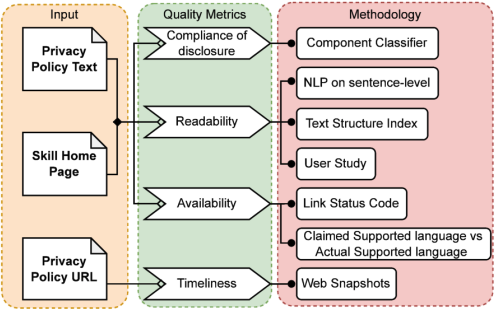2025
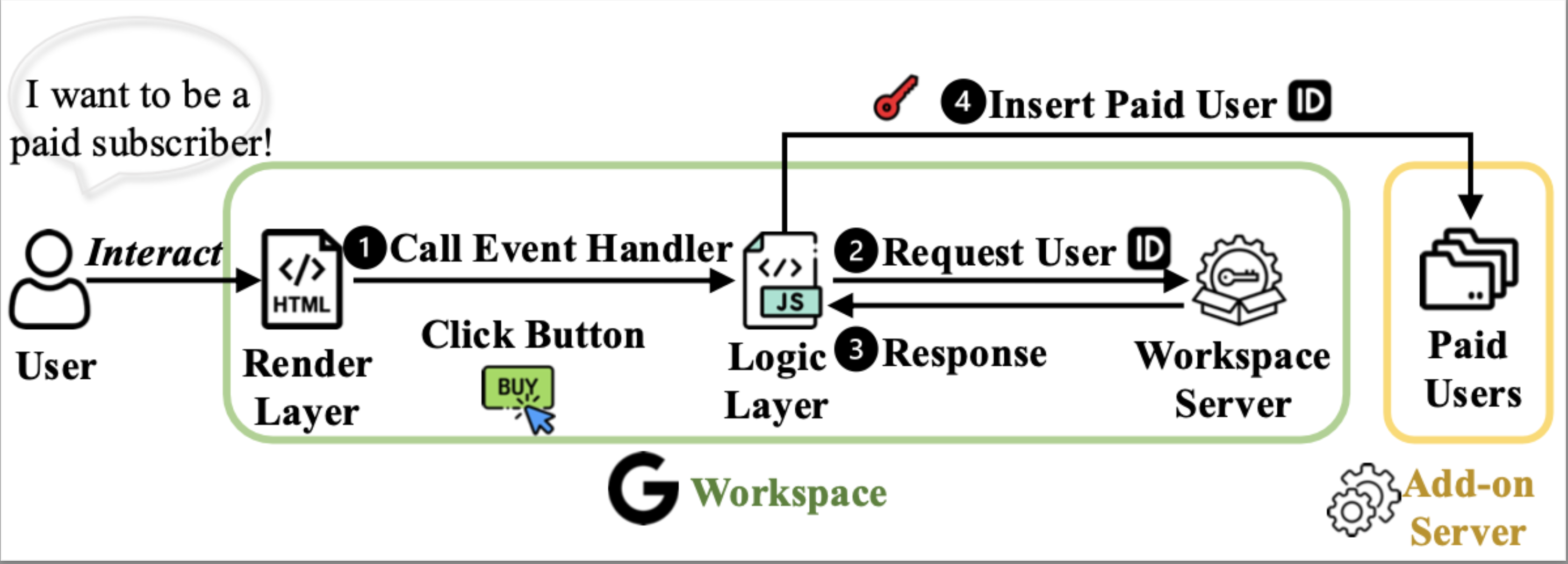

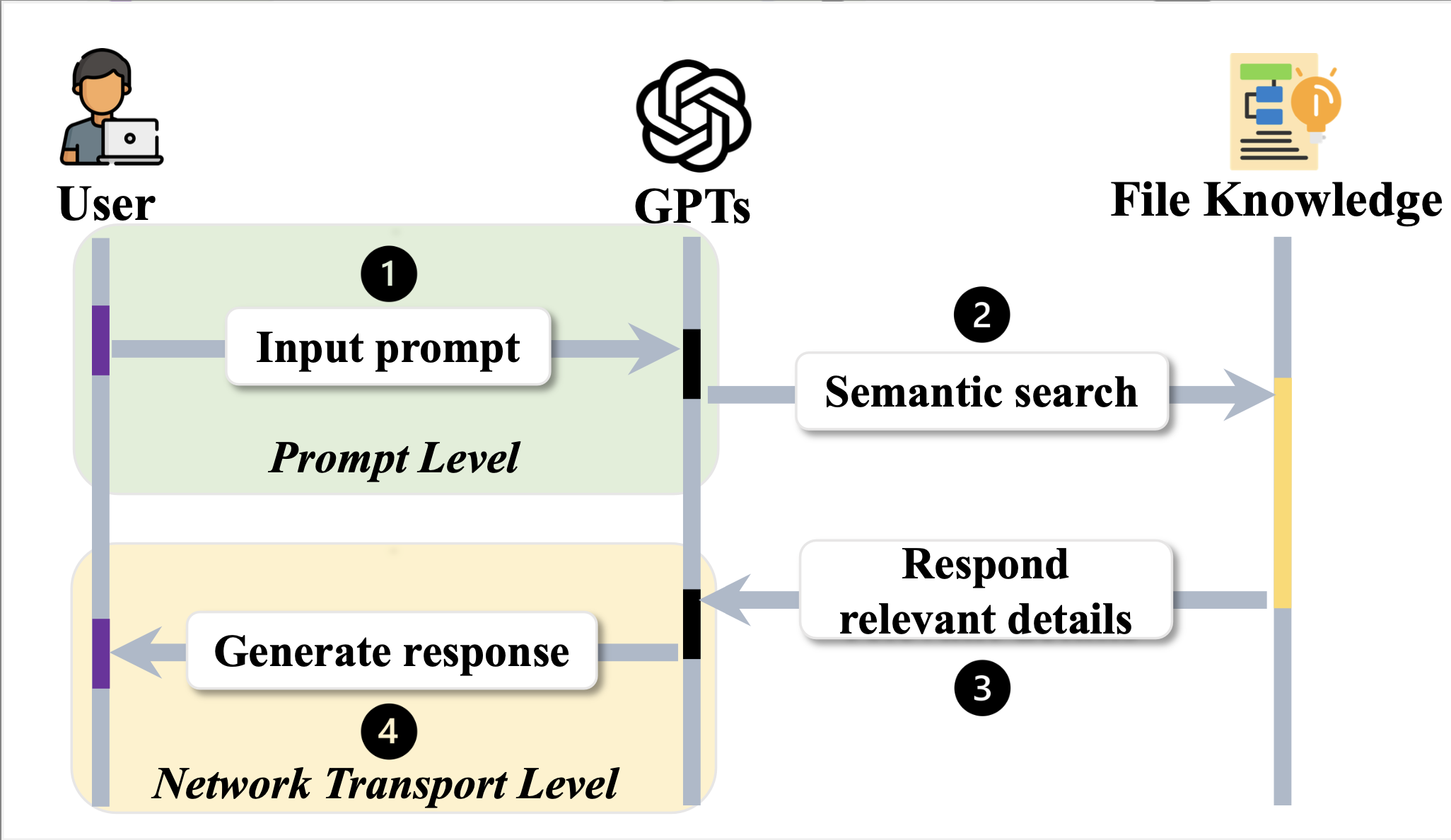
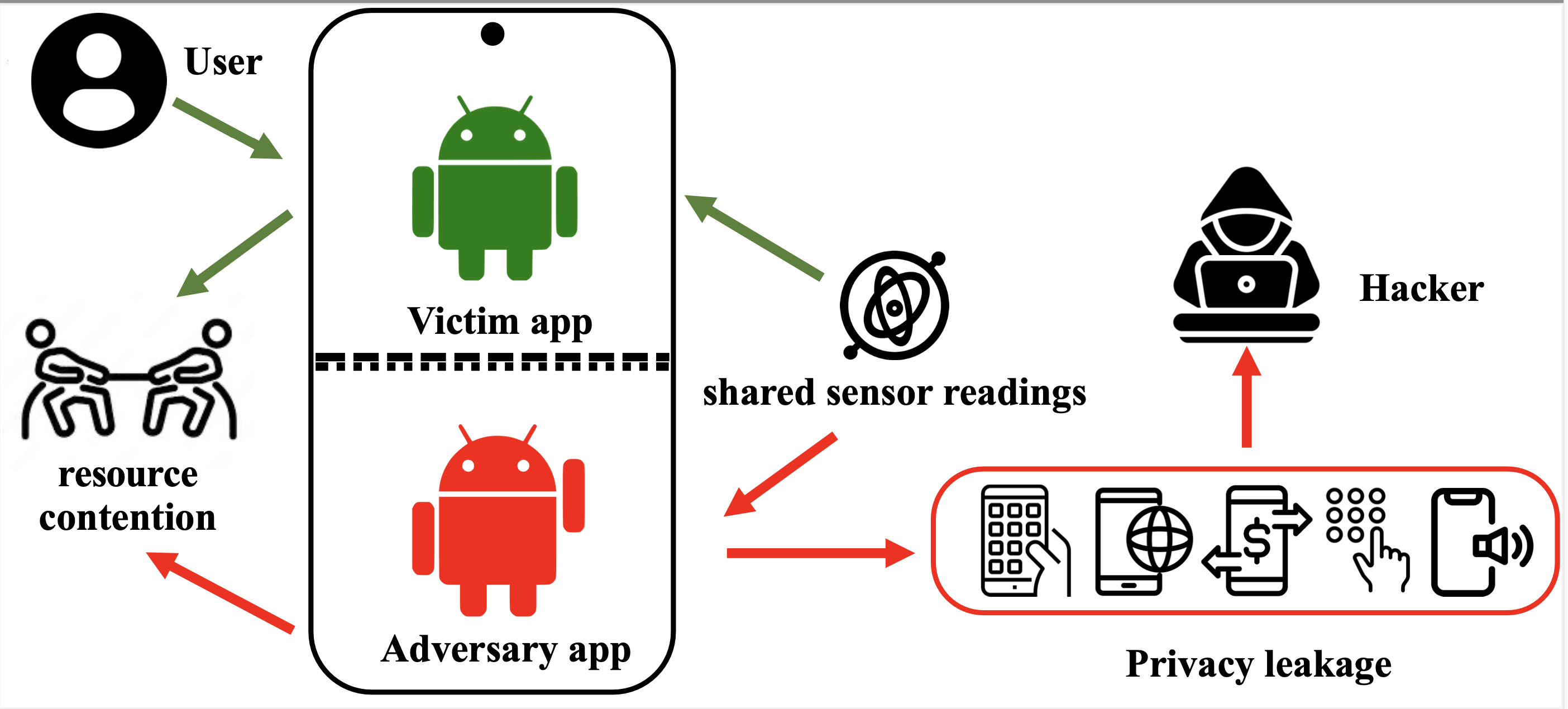
2024

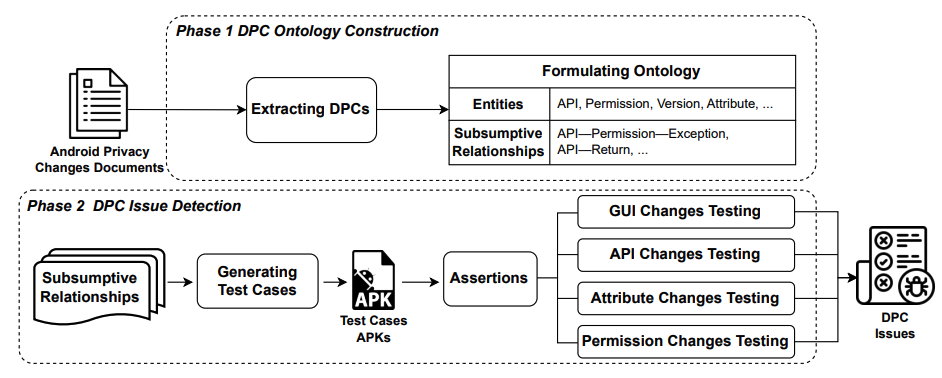
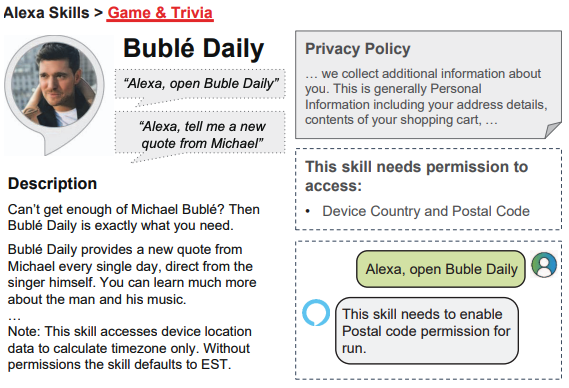
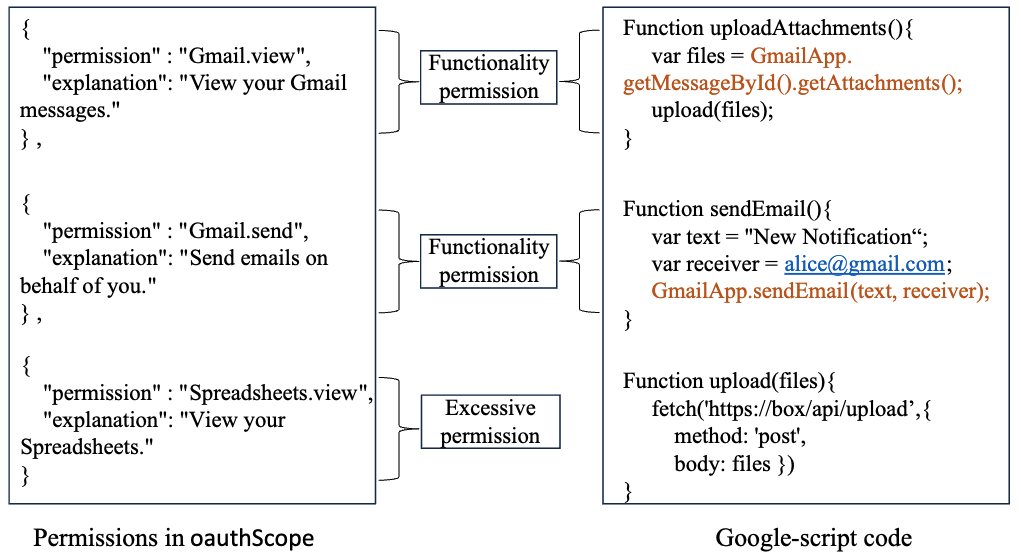
Analyzing Excessive Permission Requests in Google Workspace Add-ons
Liuhuo Wan, Chuan Yan, Mark Huasong Meng, Kailong Wang, Haoyu Wang
CCF-C CORE-B ICECCS '24: 28th International Conference on Engineering of Complex Computer Systems 2024

2023
